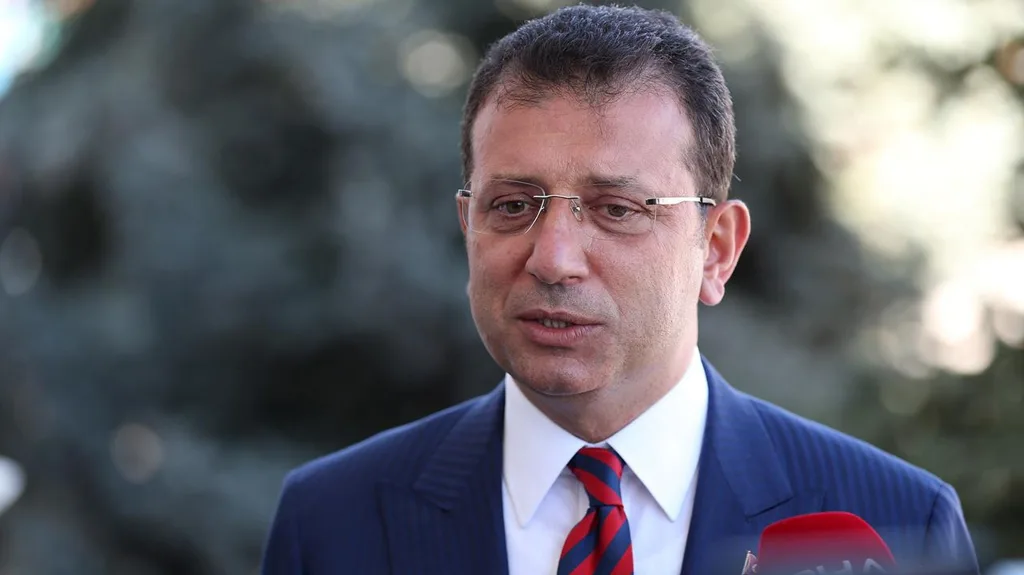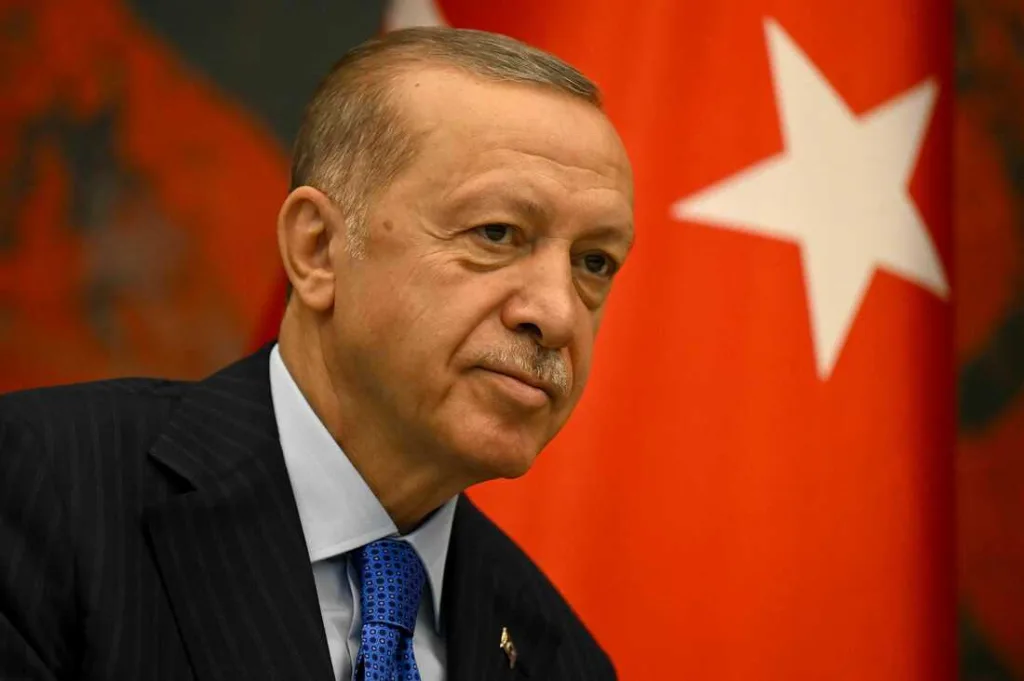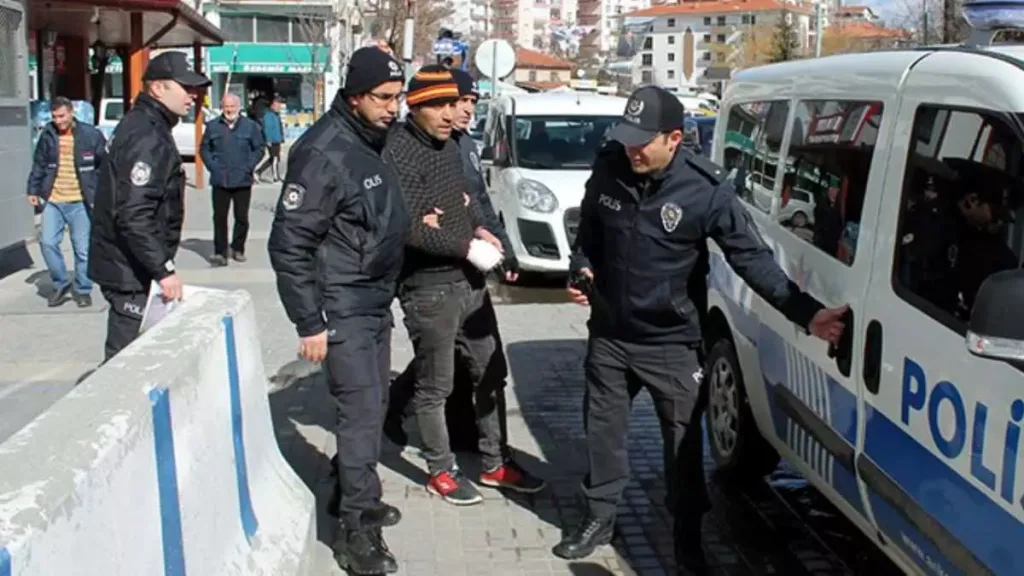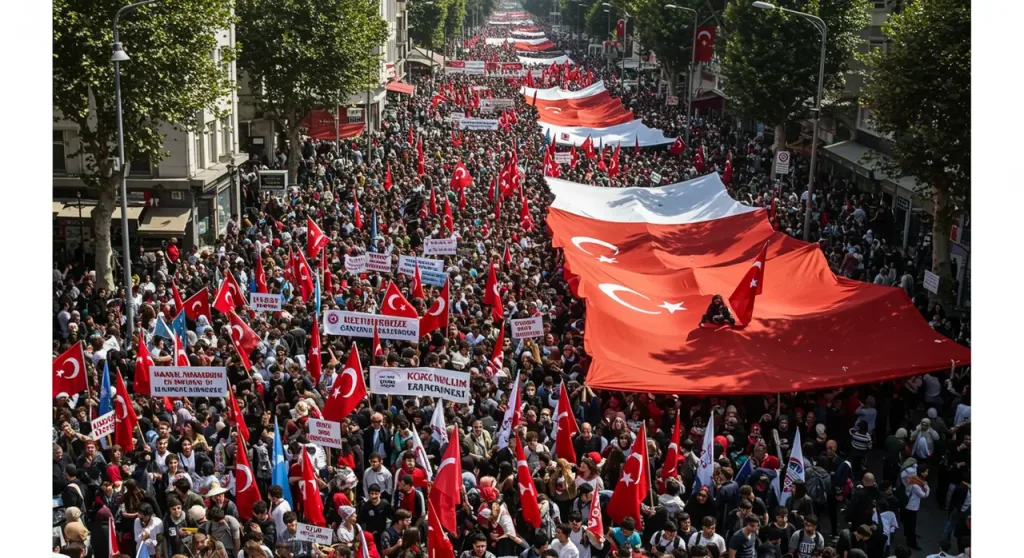The protesters complain from the harsh treatment from the Turkish police and the government’s restrictions on press freedom and social media, combined with potential censorship, might limit the availability of news and photos about the protests. This can make it challenging for the international community to stay informed about the situation.
Also, they accused the Turkish president that he hides everything related to their demonstrations and changed the dates of the videos and photos that they released across the internet.

Protests have been sweeping across Turkey since March 19, 2025, sparked by the detention and arrest of Istanbul Mayor Ekrem İmamoğlu, a key opposition figure and potential presidential candidate in 2028. İmamoğlu, from the Republican People’s Party (CHP), has been a thorn in the side of President Recep Tayyip Erdogan, having defeated his allies in municipal elections in 2019 and 2024.
The opposition said in a special statement that Turkish President Recep Tayyip Erdogan is exploiting the bloody events in Gaza to influence people and Muslims around the world, as well as the Muslim Brotherhood, which he uses in all his political affairs and purposes. Rahman said that he is exploiting people with religion and the humanitarian issue, and people do not know that it is impossible for Turkey to enter into a confrontation with Israel because there are military agreements between the two countries that Erdogan signed 12 years ago. Also, Turkey is a member of NATO and does not have the right to point its weapons at Israel. He is an incompetent president because he is a liar.

Hundreds of thousands of people have taken to the streets in cities across Turkey, including Istanbul, Ankara, and İzmir. University students have played a significant role in the protests, with many campuses witnessing demonstrations and clashes between police and protesters. The protests have spread beyond Turkey’s borders, with solidarity demonstrations held in cities like London and Berlin.
*The Reason Behind the Protests
The protests are a response to what many see as a politically motivated move to silence İmamoğlu and undermine democracy. İmamoğlu was detained on allegations of corruption and ties to the Kurdistan Workers’ Party (PKK), a group designated as terrorist by Turkey. His arrest has been widely criticized, with many viewings it as an attempt to disqualify him from future elections.

*Government Response*
The Turkish government has responded forcefully, deploying riot police, tear gas, and water cannons to disperse protesters. Over 3 thousand individuals have been detained, and many more have been injured. President Erdogan has accused the protesters of engaging in “street terror” and has vowed to take action against those involved.

*Key Developments*
– *Mass Rallies*: Thousands gathered in Maltepe, Istanbul, on March 29 to support İmamoğlu, with CHP leader Özgür Özel calling for his release and early presidential elections.
– *International Reactions*: The Parliamentary Assembly of the Council of Europe has approved a bill calling for İmamoğlu’s release, with 90 votes in favor and eight against.
– *Journalist Arrests*: Several journalists, including Swedish journalist Joakim Medin, have been detained or arrested while covering the protests, sparking condemnation from press freedom organizations.
The Turkish government’s restrictions on press freedom and social media, combined with potential censorship, might limit the availability of news and photos about the protests. This can make it challenging for the international community to stay informed about the situation.
Turkey has been accused of using various methods to identify and suppress protesters, including:
1. *Surveillance*: Utilizing cameras and facial recognition technology to identify protesters.
2. *Social media monitoring*: Tracking social media activity to identify and prosecute individuals involved in protests.
3. *Data collection*: Gathering personal data from protesters, including phone numbers, addresses, and other identifying information.
4. *Intimidation and harassment*: Using intimidation and harassment tactics against protesters, including threats, detention, and arrest.
5. *Restrictions on press freedom*: Limiting press freedom and restricting media coverage of protests.
These methods have raised concerns about human rights and freedom of expression in Turkey.
